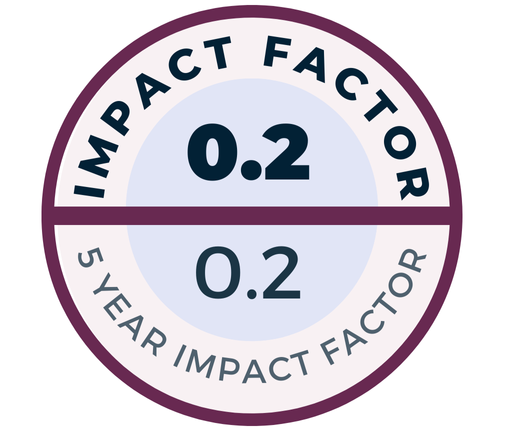Objective: To determine the frequency of p16 positivity in oral cavity and oropharyngeal squamous cell carcinoma (OC/OP-SCC) and to reveal whether there is a difference between p16-positive and -negative cases according to clinicopathological parameters.
Methods: p16 antibody was retrospectively analyzed immunohistochemically in biopsies of 60 patients with OC/OP-SCC operated between 2007 to 2015. Comparison was performed for age, sex, smoking habit, alcohol consumption, site of the tumor, the level of keratinization, T stage, lymphovascular invasion, perineural invasion, recurrence of the tumor, and survival.
Results: Of the 60 patients (18 females, 42 males), the median was 58 (range: 27 to 75) years. Seventeen patients were p16-positive, and 43 patients were p16-negative. Comparison of p16-positive and p16-negative groups according to age, sex, T-stage, tumor subsite, tumor profundity, lymphovascular invasion, perineural invasion and survival was not statistically significant (p>0.05). We found statistical difference between two groups according to tumor recurrence, smoking habit, and the degree of keratinization.
Conclusion: In patients who underwent surgical treatment after the diagnosis of zOC/OP-SCC, p16 positivity may have a predictive role in terms of tumor recurrence.

.jpeg)
